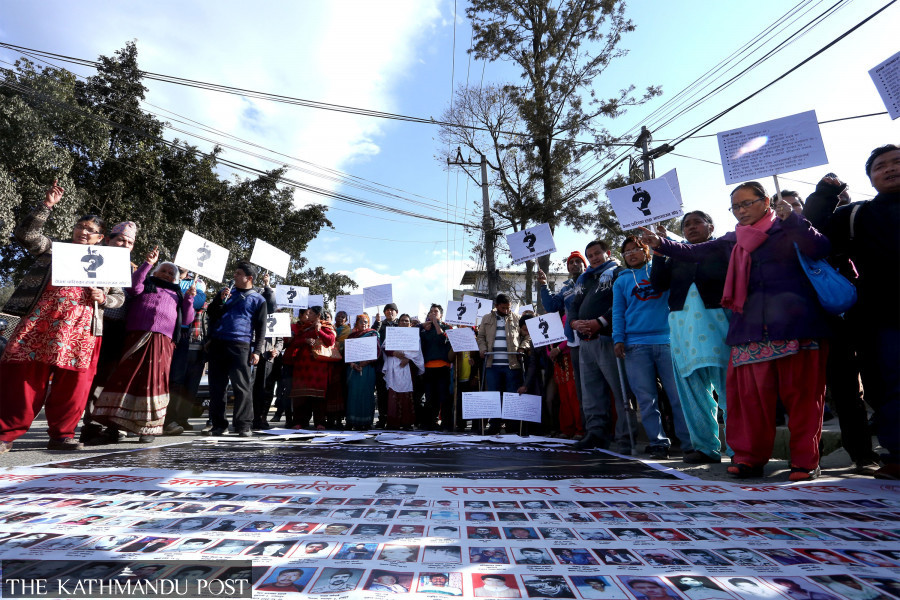National
Top court orders relief for conflict-era victims of torture and sexual violence
17 years since Peace Accord, torture victims lack adequate means to seek justice and hold perpetrators to account.
Binod Ghimire
The Supreme Court has directed the government to include the victims of torture and sexual violence from the decade-long Maoist insurgency in its interim relief programme. Passing verdicts in two different writ petitions that challenged the ‘discriminatory provisions’ in the working procedure for relief distribution, a division of justices Sapana Pradhan Malla and Hari Prasad Phuyal on Monday concluded that the victims of the insurgency-era torture and sexual violence should not be excluded from the relief package.
Although successive governments have on different occasions brought various relief packages for conflict victims, those who faced torture and sexual violence at the hands of the state security forces or the Maoist insurgents have not received any relief from the government. Advocate Kashiram Dhungana, who represented the petitioners, said the court has done some justice to the victims who had so far been excluded from the government’s relief programmes.
“The Supreme Court has issued a ruling as demanded by the petitioners. The government will have to provide relief to victims of torture and sexual violence although the details of the verdict will be known only after the court releases the full text of the verdict,” he told the Post. It generally takes a few days to months for the court to issue full texts.
The Office of the United Nations High Commissioner for Human Rights in its report says at least 2,500 incidents of torture happened during the insurgency. Advocacy Forum, a non-governmental organisation working on human rights advocacy, recorded 1,251 cases of torture between 2001 and 2006 and most of them were committed by state actors.
In its annual report published on the occasion of the International Day against Torture on Monday, the forum said electric shocks, rape and various other forms of sexual abuse, burying people alive, depriving them of basic needs like food, water, and access to bathrooms, severe beatings with iron rods and bamboo sticks on their feet and back, rolling wooden logs on thighs, pushing heads under water and death threats were the commonly used methods of torture applied by the state security forces during the insurgency. Similarly, the Maoist side also used some of the torture methods.
“Seventeen years since the Comprehensive Peace Accord that ended the conflict, torture victims of the conflict era lack adequate means to seek justice and hold perpetrators accountable and are constantly being deprived of effective redresses, such as reparations, acknowledgement, and truth,” reads the report.
Though the Criminal Code that came into effect in 2018 criminalises torture, its statutory provision that the cases must be reported in six months and lack of retrospective effect make it impossible for survivors of torture to access any remedies under the Penal Code.
Records at the Truth and Reconciliation Commission show that among the 63,700 cases it has received, 314 are related to rape or sexual violence. In 2018, a study team comprising Manchala Jha and Madhabi Bhatta, then commission members, was formed to consult the victims and suggest relief and reparations for them.
But that never happened. Devi Khadka, a CPN (Maoist Centre) leader who is campaigning for justice for the victims of rape and sexual violence, said the number of rape victims stands at over 1,000 and those who suffered sexual harassment number in thousands.
“The Supreme Court verdict could be a step forward towards providing justice to the victims of torture and sexual violence,” Bikash Basnet, director of the Advocacy Forum, told the Post.
Along with the directive for interim relief, the division bench also has asked the government to scrap the provision in the working procedure that bars the widows of those killed during the insurgency who later remarried from accessing government relief.




 10.12°C Kathmandu
10.12°C Kathmandu















